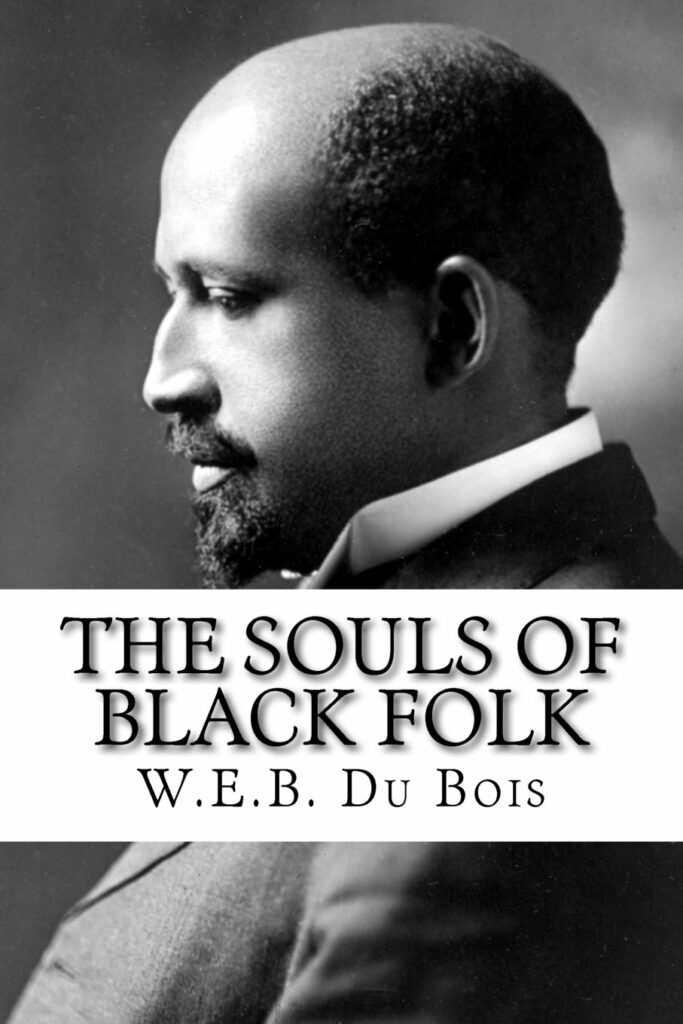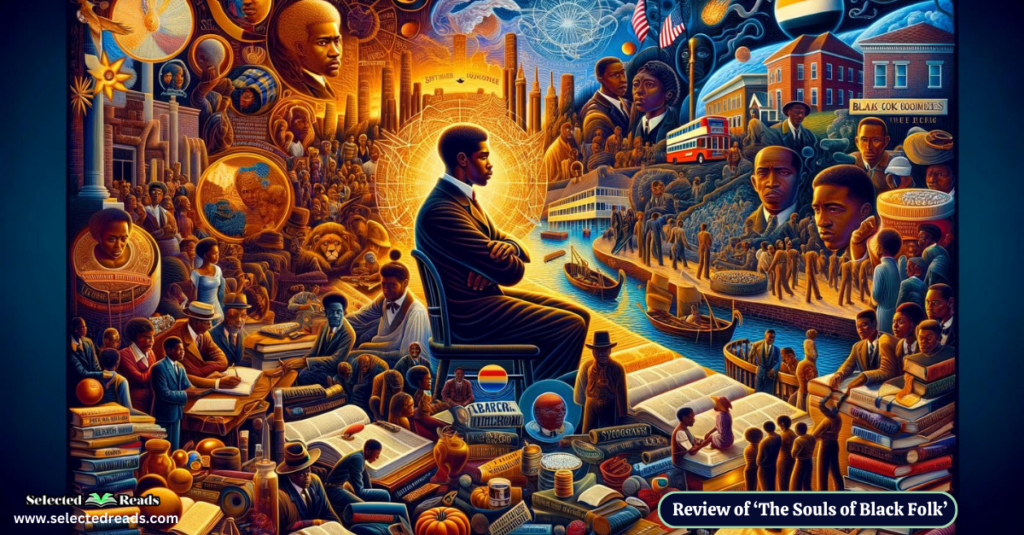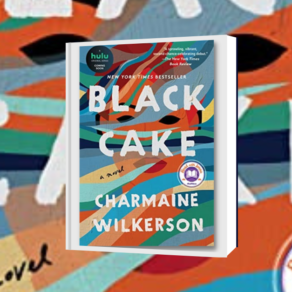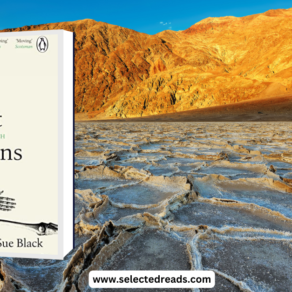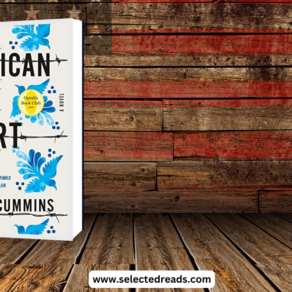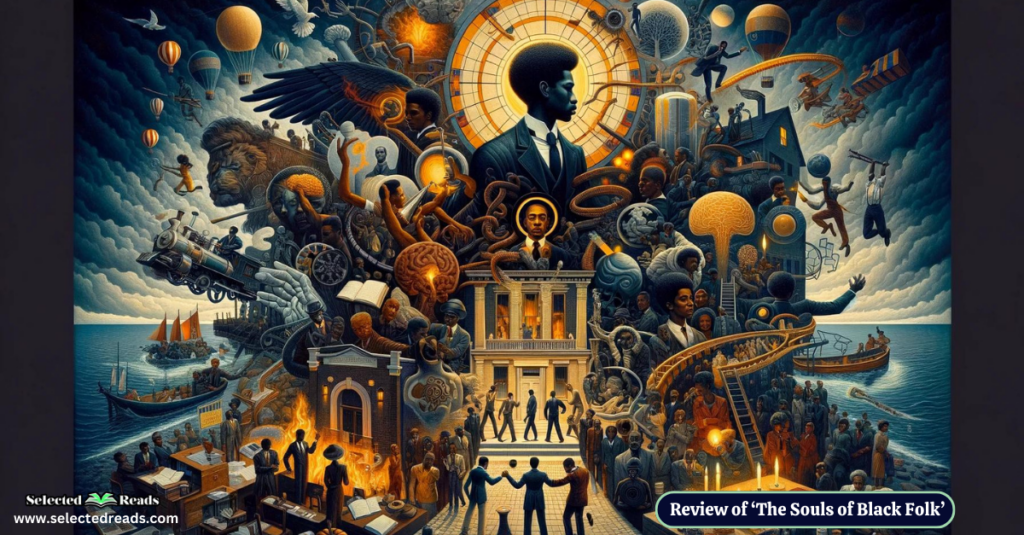
In today’s post, I will introduce you to this seminal work by Du Bois entitled “The Souls of Black Folk”. The book is definitely a cornerstone of American literature and sociology that remains as relevant today as it was when it first appeared in 1903. I’ll be covering an extended summary of the book, offering thought-provoking book club questions, and sharing some standout quotes that encapsulate the essence of this transformative piece.
The Souls of Black Folk Summary
“The Souls of Black Folk” by W.E.B. Du Bois is a monumental work that has deeply influenced American literature, African-American history, and the field of sociology. Written in the early 20th century, the book is a collection of essays that offers an incisive look at the life, history, and aspirations of Black Americans at the time. Du Bois delves into his own experiences as an African American, incorporating a blend of history, sociology, and personal narrative to convey a multifaceted portrayal of Black life.
Du Bois introduces the concept of “double consciousness,” a term that has since become seminal in discussions about identity and the Black experience in America. The idea revolves around the internal conflict experienced by African Americans, who have to reconcile their African heritage with a society that stigmatizes and marginalizes them. This framework provides the reader with an in-depth understanding of the psychological and social hurdles that Black people have to navigate.
The book also discusses the problem of emancipation and what Du Bois calls the “color line,” essentially arguing that the issues of the 20th century are deeply rooted in the division of races. He critiques both the “Atlanta Compromise” brokered by Booker T. Washington, which advocated for vocational training for Black people over political power, and the prevailing sentiment that economic uplift alone could solve racial inequality. Du Bois posits that Black Americans need not only economic stability but also political and social equality to truly be free.
Personal vignettes interwoven with sociological analysis make this work incredibly relatable. Du Bois incorporates spirituals or “sorrow songs” at the beginning of each chapter, which serve as poignant metaphors for the larger themes of each essay. This confluence of personal, historical, and academic elements makes the book a unique read and underlines its groundbreaking nature in the field of sociology.
From an academic standpoint, “The Souls of Black Folk” has been referred to as the launching point of modern empirical social science studies. Its influence extends beyond African-American studies and sociology, seeping into areas like anthropology, political science, and educational theory. I’ve come across references to Du Bois’s work not only in historical analyses but also in current debates on systemic racism and educational inequality, attesting to the book’s lasting impact.
But this book isn’t just an academic cornerstone; it’s a deeply emotional and personal account that humanizes the Black experience, making the statistical and sociological elements resonate on an individual level. Some readers might find Du Bois’s language a bit archaic, given that the book was written in 1903, but the core messages about identity, dignity, and the struggle for equality are as relevant today as they were back then.
The Souls of Black Folk Book Club Questions
Here are some book club questions that I think would open up meaningful conversations:
- What was your initial impression of W.E.B. Du Bois’s concept of “double consciousness”? How does this idea resonate with contemporary discussions on race and identity?
- Du Bois argues against the “Atlanta Compromise,” advocating for a broader education rather than just vocational training for African Americans. How do you feel about his argument, especially considering the debates on educational inequality that continue today?
- The “color line” is a recurring theme in the book. Do you see its relevance in today’s social and political climate? In what ways has society progressed, or not, in addressing this division?
- Du Bois includes “sorrow songs” at the start of each essay. What impact did these spirituals have on your reading experience?
- How did Du Bois’s blend of personal narrative, historical context, and sociological insight affect your understanding of the topics he discussed? Did you find one approach more compelling than the others?
- Consider Du Bois’s critiques of other leaders like Booker T. Washington. How does his perspective differ, and what does that reveal about the various attitudes towards racial upliftment during his time?
- “The Souls of Black Folk” is often cited as one of the early works in sociology. How do you think its interdisciplinary nature contributes to its impact across fields, not just in African-American studies?
- Du Bois writes, “The problem of the Twentieth Century is the problem of the color line.” Do you think this statement still holds true for the 21st century? Why or why not?
- How do you feel about the language and tone of the book, given that it was written in the early 1900s? Was it accessible, or were there barriers to understanding the content?
- Finally, what are your key takeaways from the book? Are there any specific quotes or ideas that struck you as particularly impactful?
The Souls of Black Folk Quotes
Here are some popular quotes from the Souls of Black Folk as rated by readers in Goodreads:
“The problem of the twentieth century is the problem of the color line.” ― W.E.B. DuBois, The Souls of Black Folk
“Herein lies the tragedy of the age: not that men are poor, — all men know something of poverty; not that men are wicked, — who is good? not that men are ignorant, — what is Truth? Nay, but that men know so little of men.” ― W. E. B. DuBois, The Souls of Black Folk
“One ever feels his twoness, — an American, a Negro; two souls, two thoughts, two unreconciled strivings; two warring ideals in one dark body, whose strength alone keeps it from being torn asunder.” ― W.E.B. DuBois, The Souls of Black Folk
“The South believed an educated Negro to be a dangerous Negro. And the South was not wholly wrong; for education among all kinds of men always has had, and always will have, an element of danger and revolution, of dissatisfaction and discontent. Nevertheless, men strive to know.” ― W.E.B. Du Bois, The Souls of Black Folk
“The function of the university is not simply to teach breadwinning, or to furnish teachers for the public schools, or to be a centre of polite society; it is, above all, to be the organ of that fine adjustment between real life and the growing knowledge of life, and adjustment which forms the secret of civilisation.” ― W.E.B. Du Bois, The Souls of Black Folk
“Honest and earnest criticism from those whose interests are most nearly touched,- criticism of writers by readers, of government by those governed, of leaders by those led, – this is the soul of democracy and the safeguard of modern society” ― W.E.B. Du Bois, The Souls of Black Folk
“To be a poor man is hard, but to be a poor race in a land of dollars is the very bottom of hardships.” ― W.E.B. Du Bois, The Souls of Black Folk
“Daily the Negro is coming more and more to look upon law and justice, not as protecting safeguards, but as sources of humiliation and oppression. The laws are made by men who have little interest in him; they are executed by men who have absolutely no motive for treating the black people with courtesy or consideration; and, finally, the accused law-breaker is tried, not by his peers, but too often by men who would rather punish ten innocent Negroes than let one guilty one escape.” ― W.E.B. Du Bois, The Souls of Black Folk
“America is not another word for Opportunity to all her sons.” ― W.E.B. Du Bois, The Souls of Black Folk
“He began to have a dim feeling that, to attain his place in the world, he must be himself, and not another.” ― W.E.B. Du Bois, The Souls of Black Folk
Final thoughts
In wrapping up our exploration of W.E.B. Du Bois’s “The Souls of Black Folk,” it’s evident that the book isn’t merely a relic of the past but a living, breathing dialogue that continues to shape our understanding of race, identity, and society. Its multidisciplinary approach combines historical narrative, sociological study, and deeply personal experiences, creating a composite that’s as enlightening as it is transformative.



